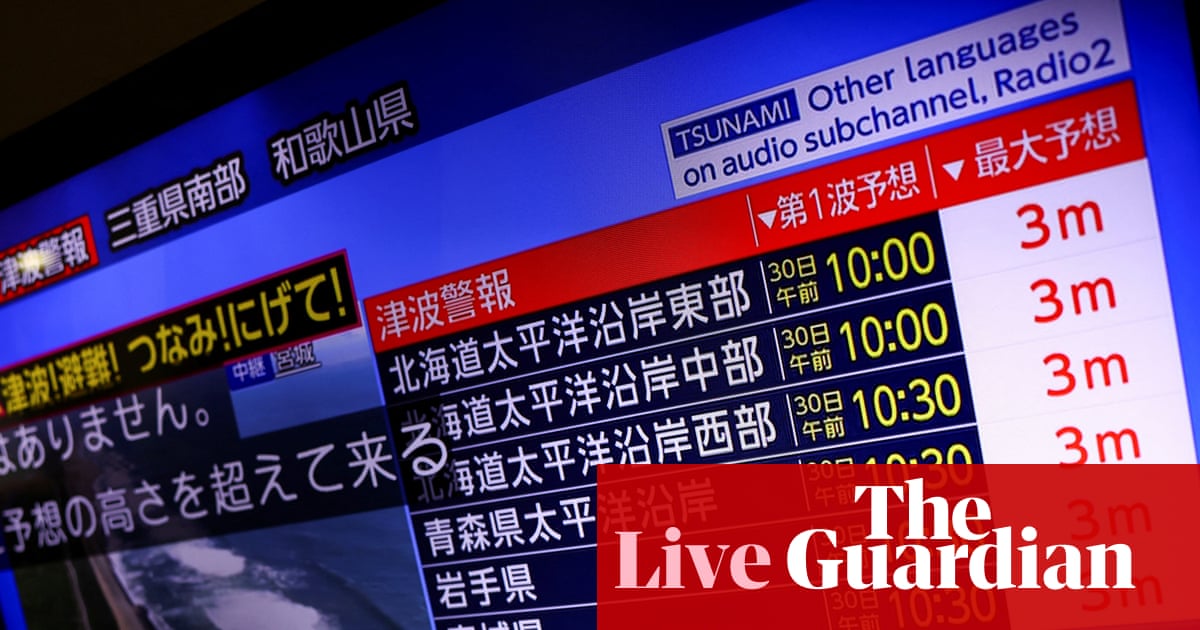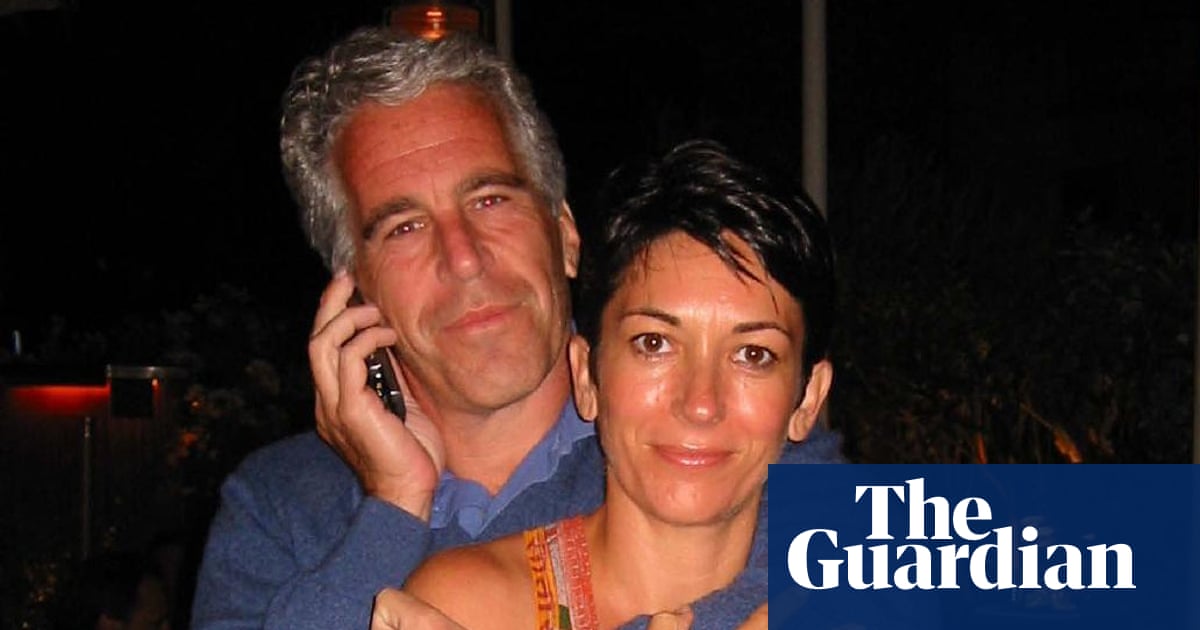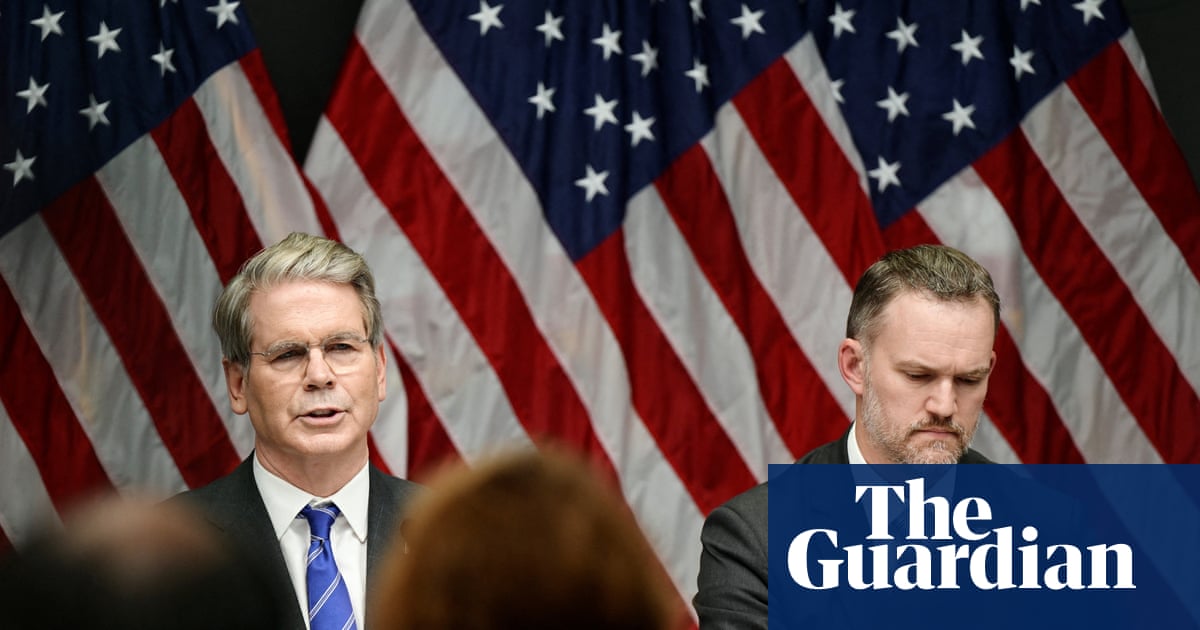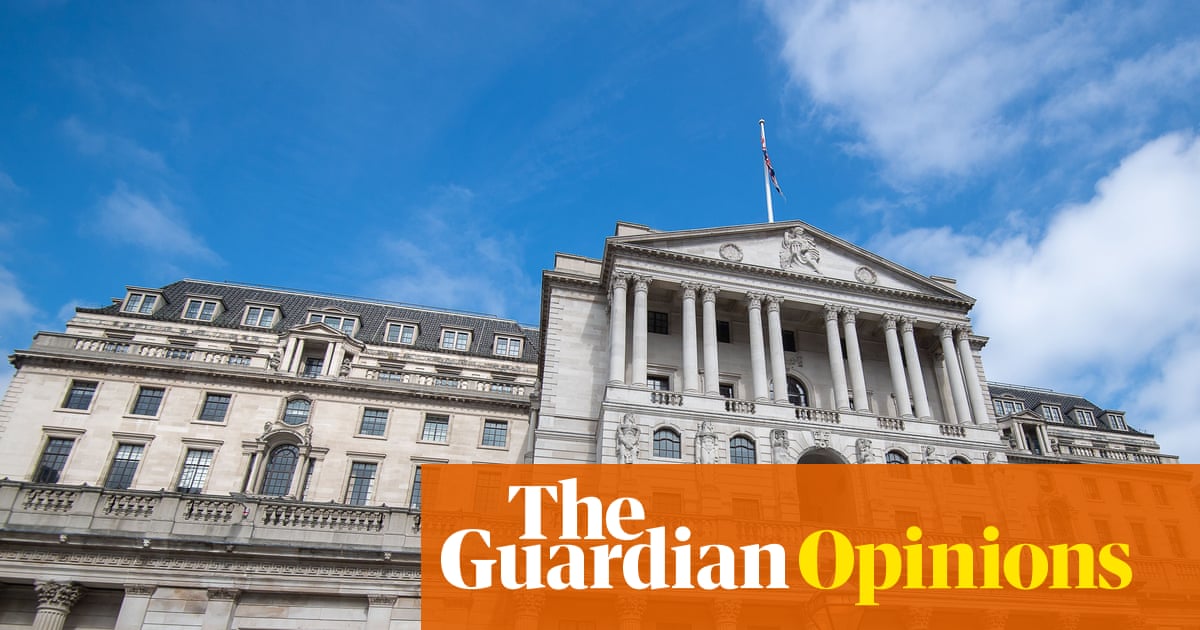After months of complete blockade or extremely limited supplies, and with thousands of famished children in Gaza at risk of death, Israel finally relented last week to allow increased levels of aid, as well as electricity and water, into the territory. Yet given Israel’s systematic destruction of Gaza’s medical infrastructure, the aid will not prevent irreversible damage to many severely malnourished children. And even in the best scenario, this is but a hiatus.
For many months now, Israel’s far-right government has been unambiguous in its words and actions. It has made Gaza uninhabitable through the destruction of the built environment and infrastructure. The plan, repeatedly stated by Benjamin Netanyahu and his ministers, is the ethnic cleansing (“voluntary emigration”) of the bulk of Gaza’s population. It is now clear that the Israeli government is willing to slow down this campaign temporarily, but it will not stop unless it is forced to, by international pressure. Such pressure has been entirely inadequate.
The UK has scaled up its rhetoric, to words such as “appalled” and “horrified”. It has also limited arms shipments to Israel, and placed sanctions on ministers Bezalel Smotrich and Itamar Ben Gvir. Yet surely a G7 member, the world’s sixth largest economy and a close ally of Israel can do more. “Netanyahu only listens to Trump, and even then only sometimes,” says Emily Thornberry, implying there’s little to do beyond pleading with the US president.
This is a profound misunderstanding of Israel, and an underestimation of the UK’s options. Indeed, Netanyahu and his ministers would not listen to the UK. But Netanyahu is not an all-powerful dictator like Vladimir Putin, and Israel is no North Korea. Its economy is highly globalised, and its society cherishes its ties to the world. It has deep material and emotional investments in those connections, including to the UK. From the banking system to defence cooperation, from trade to tourism and academia, the UK is connected to Israel in myriad ways. By continuing business as usual, Israel’s international partners are allowing the Israeli government to continue with its genocidal campaign with no consequences beyond symbolic gestures of disapproval and statements.
After 7 October 2023, the horror of Hamas’s massacre prompted western governments to support Israel as it launched its retaliation against Gaza, effectively giving the far-right government carte blanche. Despite unprecedented international criminal court arrest warrants against Netanyahu for the crime of starvation, international sanctions on Israel remain extremely limited. The Israeli government is banking on this. “We can kill 100 Palestinians every night in Gaza and no one in the world cares,” said one member of the coalition recently. Sadly, so far he has not been proved wrong.
Over the past 21 months, tens of thousands of Israelis have taken to the streets to demand a ceasefire and hostage release deal. While polls show overwhelming support for ending the war, the fragmented and demoralised opposition has not been able to bring the government down. This is partly because, despite pleas from the hostages’ families and activists, Israel’s key economic powerbrokers in the finance and IT industries and trade unions have been reluctant to take an active stand against the government, even if many of them are deeply opposed to it.
This reluctance stems, at least in part, from the fact that Israel’s economy has proved surprisingly resilient. True, Israel’s credit rating was downgraded and the government deficit has ballooned. But at the same time, since July 2024, the Tel Aviv stock exchange has risen by close to 30%. Growth in 2026 is expected at 4.6%, and unemployment is extremely low. The war has even benefited key economic sectors: Israel’s defence exports are booming, and the UK is one of those export destinations. According to the Stockholm International Peace Research Institute, between 2020 and 2024 Israel was the second largest supplier of arms to the UK.
In the UK and Europe, there are new mobilisations of Israelis against the genocide, calling for sanctions. In December 2024, more than 500 Israelis in the UK called on the government to sanction Ben Gvir and Smotrich. In the past couple of months, a new group of Israelis in the UK, Mi-Neged – with which I am involved – called on Keir Starmer and David Lammy to impose far-reaching sanctions on Israel, not only on a few “bad apples” but systemically. Such measures would include suspending the Trade and Partnership Agreement (TPA) and halting military cooperation.
For many of us, this is a deeply painful moment. Calling on our government to sanction the state where we grew up, to which we are closely attached and where our families and friends live is not an easy step. But we are horrified not only by what has happened but also by what is likely to happen if we do not take such steps.
UK suspension of Israel’s preferential trade access could push the EU in the same direction. As a trading bloc, the EU is Israel’s largest export destination, accounting for a third of Israeli exports. Proposals to suspend articles in Israel’s EU association agreement are on the table.
For now, there is an Israeli middle and upper-middle class receptive to external pressure. That constituency has sufficient power and influence to translate this into political action. Israeli civil society is still able to mobilise and challenge the government. Yet Netanyahu’s clampdown on protesters and the press is intensifying: the government’s power grab is rapid and far-reaching. There are serious fears that the next Knesset elections would not be free or fair. The less democratic and the more messianic Israel becomes, the less effective sanctions would be. The time to act is now.
-
Yair Wallach is a reader in Israeli studies and head of the Centre for Jewish Studies at Soas University of London
-
Do you have an opinion on the issues raised in this article? If you would like to submit a response of up to 300 words by email to be considered for publication in our letters section, please click here.

 14 hours ago
5
14 hours ago
5

















































